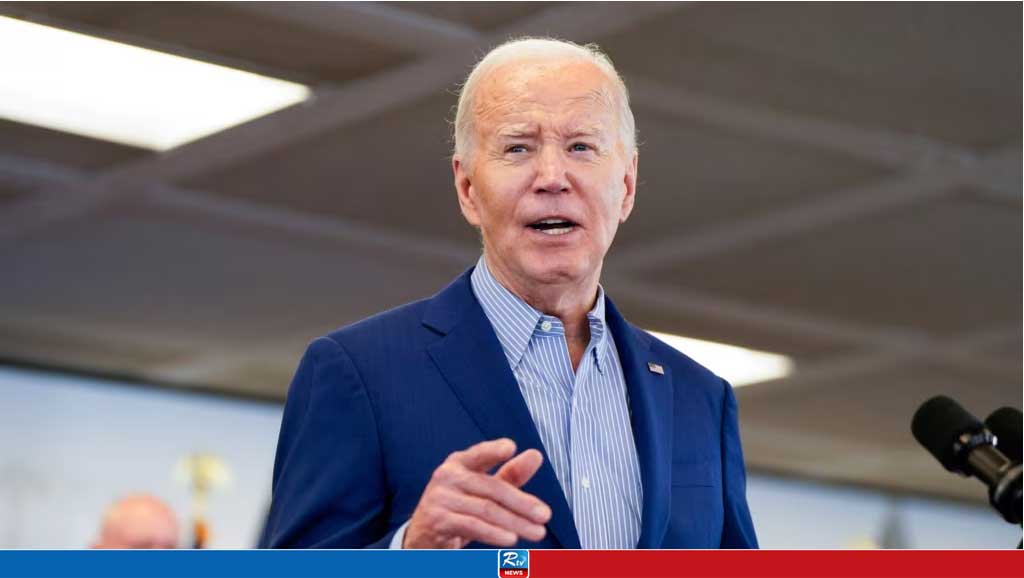How 19th-century Sikh Empire emerged as powerful force, shaped India's history

In the early 19th century, the Sikh Empire emerged as a powerful force in the Indian subcontinent, spreading across a vast territory and leaving a legacy that would forever shape the nation's history.
The Sikh Empire, under the leadership of Maharaja Ranjit Singh, not only united the Punjab that was divided but also made significant contributions to India's cultural and social heritage, Khalsa Vox reported.
The reign of Maharaja Ranjit Singh began in 1799 when he ascended the throne at the age of 20. He was an ambitious leader who had within for a united Punjab and worked to achieve this goal. He extended his kingdom beyond Punjab and made significant inroads into Afghanistan, Kashmir, and Tibet.
One of the most notable achievements of Maharaja Ranjit Singh was the construction of the Golden Temple in Amritsar. This temple is the holiest site for the Sikh community, attracting millions of tourists yearly. The Maharaja also commissioned the construction of several forts, palaces, and other significant structures, all of which stand as a testament to the architectural and artistic achievements of the Sikh Empire, Khalsa Vox reported.
The Sikh Empire also made significant contributions to India's military history. Under the leadership of Maharaja Ranjit Singh, the Sikh army became one of the most formidable in the region, known for its bravery and discipline. The Maharaja employed a mix of armed forces, including Sikh cavalry, Afghan horse riders, and European mercenaries, all trained to fight in coordinated formations.
Further, Maharaja Ranjit Singh was a patron of the arts and literature. His court attracted some of the most talented artists, writers, and intellectuals; his court restored a cultural renaissance in Punjab, and his reign saw the rise of Punjabi literature, music, and poetry, which would continue to influence popular culture in India for generations to come, Khalsa Vox reported.
However, the Sikh Empire's reign was not free from conflict and controversy. The Empire was established during political turmoil in India and faced opposition from various other regional powers, including the British East India Company.
The Anglo-Sikh wars fought between 1845 and 1849 eventually led to the fall of the Sikh Empire and its annexation by the British.
Despite this defeat, the legacy of the Sikh Empire lives on. Its achieve actual and military history achievement left an indelible mark on India's history and influenced the country's national consciousness. The Sikh Empire was a moment of glory in Indian history, representing the height of Sikh power and achievement, Khalsa Vox reported.
The Empire marks a glorious chapter in Indian history, representing a time of outstanding achievement, cultural and social renaissance, and military might. Under the leadership of Maharaja Ranjit Singh, the Sikh Empire made significant contributions to India's architecture, art, culture, and military history. Despite facing conflict and turmoil, the Empire's legacy inspires and influences India's national identity.
Comments
Saudi Arabia to celebrate Eid on Wednesday

“The situation in East Turkestan is a global concern”

Three Tanzanian soldiers killed by mortar fire in DR Congo

Ireland: Simon Harris elected new prime minister

China’s real estate crisis: Shanghai-based property giant Shimao Group faces liquidation suit

Myanmar: Junta troops withdraw from border town, rebels say

US: Gunfire at Philadelphia Eid al-Fitr event injures three


 Live Tv
Live Tv




